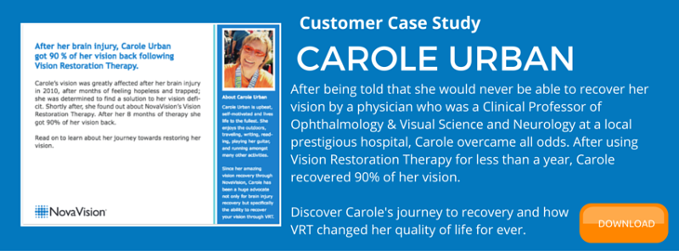Understanding_AFib_Blog_Featured_Image.png
Atrial fibrillation also known as AFib is a heart condition that is often discussed within the stroke community. Your cardiovascular health has a direct impact on the chances of having a stroke, but the risk is greater in people with AFib. In fact you are five times more likely to have a stroke if you have AFib! The reason for this is that AFib can cause the blood to pool in the atria–the chambers of the heart–allowing blood clots to form. So what causes this condition in the first place? Let’s start by talking about exactly what AFib is:
What is Atrial Fibrillation?
A healthy heart contracts and relaxes to a regular beat, like the ticking hands of a clock. Your heart beats regularly because of cells that create electrical signals that cause it to contract and pump blood. These are the same electrical signals that can be seen on an electrocardiogram (ECG) recording.
If you are suffering from atrial fibrillation, the two small upper chambers of your heart (atria) beat irregularly. Instead of contracting at a steady pace, the upper chambers contract irregularly and often too fast, preventing your heart from functioning properly.
How Do You Know if You Suffer From AFib?
The best way to find out if you have AFib is by seeing your doctor for an ECG test to examine the electrical signals in your heart. Unfortunately, most people don’t know when it’s time to see a medical professional. If you often get heart palpitations where you can feel your heart beating rapidly inside of your chest or feel short of breath or anxious, you should talk to your doctor. Dizziness, sweating, chest pain or pressure, and fainting episodes are also signs that you need to talk to your doctor about your heart health.
How Can AFib be Treated?
Treatments for AFib vary, depending on how severe the condition is and what caused it. Often a combination of methods and medications is used. Typical medicines include beta blockers and antiarrhythmics, which return your heart to a normal rhythm, or digitalis to slow your heart rate. Many patients are also placed on blood thinners to keep blood clots (and a high risk of stroke) from forming.
When medication isn’t enough, an electric shock–electrical cardioversion–can be used to change the beat of your heart to a normal rate. Alternative procedures may include heart surgery or the installation of a pacemaker.
Aside from being a potentially life threatening condition on its own, those who have AFib are at a high risk for a number of other dangerous health conditions. If you experience any of the symptoms above, don’t hesitate to see your doctor. Not every stroke can be prevented, but by taking care of your heart and your health your chances of having a stroke are greatly reduced.
 If you’d like more information on Atrial Fibrillation and the direct impact on your risk of stroke, we’ve compiled some helpful resources below:
If you’d like more information on Atrial Fibrillation and the direct impact on your risk of stroke, we’ve compiled some helpful resources below:


